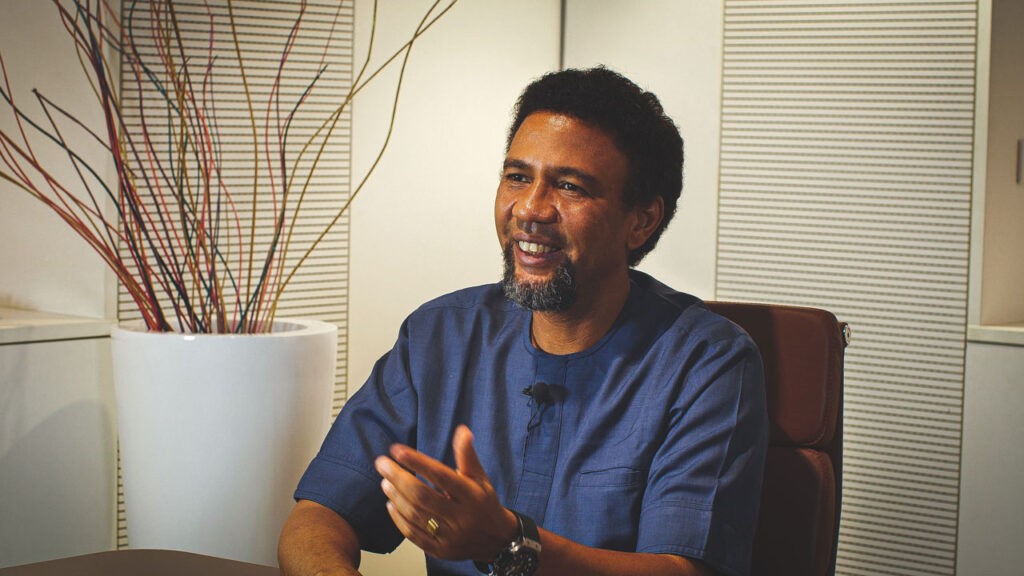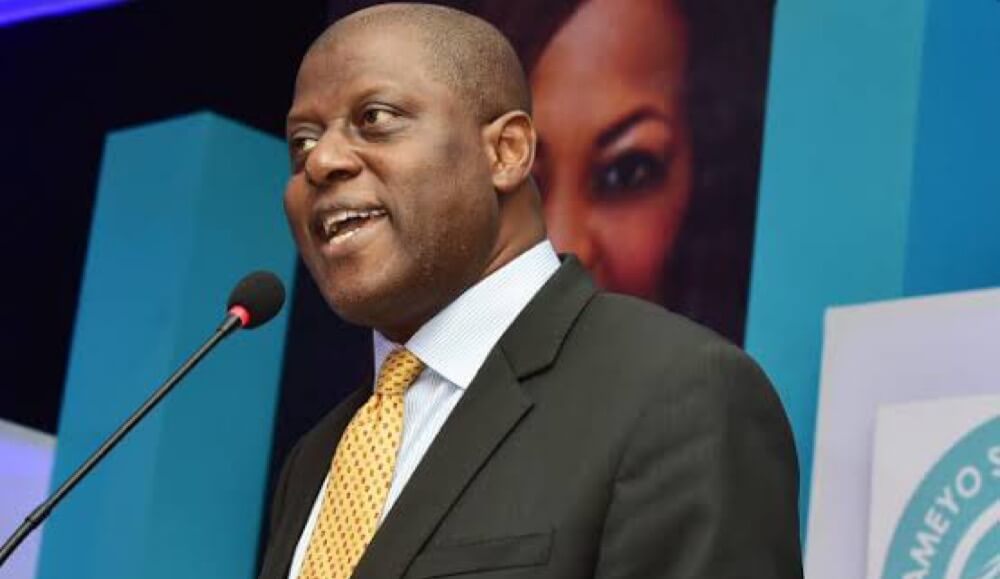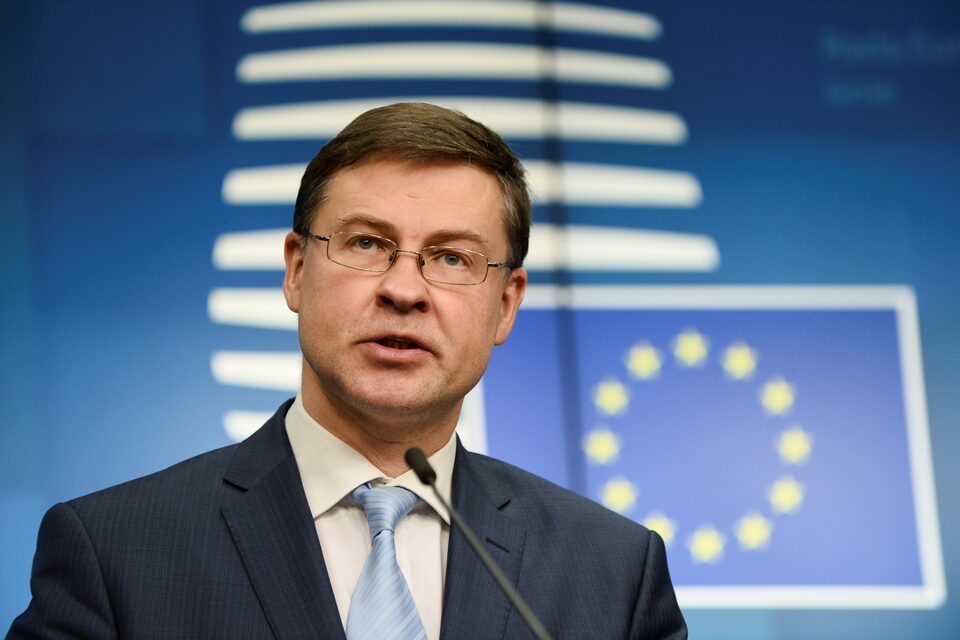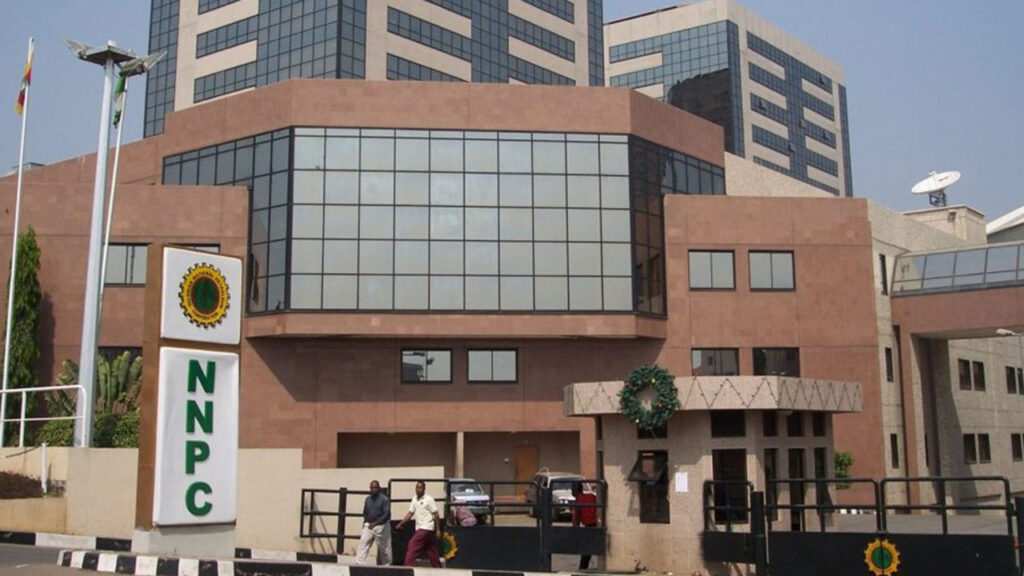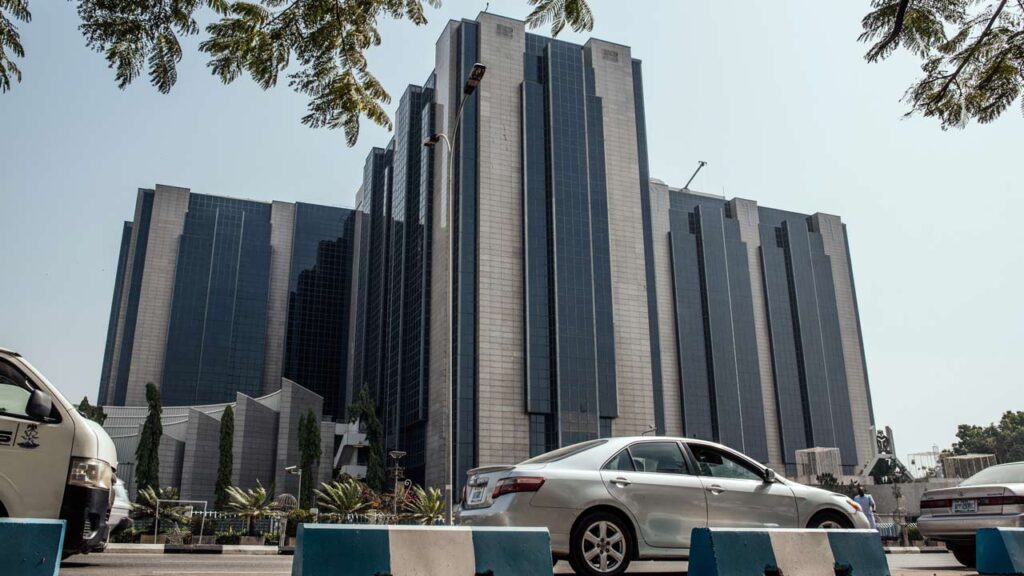
CEO says high cost of mobile phones is hindering digital inclusion
MTN said it operates by its licensing conditions and regulations in its position on interconnect debt.
The Chief Executive Officer, Karl Toriola, stated this in an interview on AriseTV, while reacting to questions as regards the interconnect debt issue between MTN and Globacom.
Recall that the Nigerian Communications Commission (NCC), earlier in the month, published a pre-disconnection notice informing subscribers of the approval granted MTN Nigeria Communications Plc to commence the phased disconnection of Globacom Limited with effect from January 18, 2024, due to long-standing interconnection debt dispute between the parties.
Further to that, the NCC later asked MTN to put on hold the phased disconnection following an agreement reached by both service providers.
However, in the interview, Toriola said: “Suffice it to say that we have between the NCC and the CBN, the most developed regulatory bodies who arbitrate on such matters and whatever we do in that dispute or that discourse will be in line with what the NCC dictates. The NCC is very competent in addressing such issues. They have come out with authorization for disconnection and that has been put on hold to allow addressing these issues.
“But what I can say is that MTN will always act in the most professional, most compliant manner, and we will not do anything that hasn’t been authorised by our licensing conditions or the regulator.”
On MTN as a Nigerian firm, he added: “We are a Nigerian company, registered in Nigeria with Nigerian shareholders. If you look at our leadership cadre, you will see that the company is 90 per cent led at the very top level by Nigerians. And I don’t think we have more than 10 expatriates in this company. We have a very seasoned board of Nigerian directors as well as some international directors. We’ve grown to this size because we’ve done the right things at the right time. You cannot force customers to make their choice with their wallets,” he added.
Meanwhile, Toriola has identified the high cost of mobile phones as an obstacle to achieving digital inclusion in Nigeria.
According to him, while the global demand has led to a reduction in smartphone costs, Nigeria alone might not generate enough demand to bring down prices as quickly.
He suggested local assembling could help reduce production costs and eliminate customs duties, making smartphones more affordable. Toriola also emphasized the need for collaboration with regulators.
Since the rollout of 5G technology in 2022, Toriola confirmed the coverage has quadrupled in the country.
“It has been instrumental towards servicing digitisation; a lot of people are shifting their consumption from traditional voice and circuit switch services to data services and probably the biggest barrier to that is the cost of handsets,” he added.
Discussing financing solutions, he stressed the importance of aggregate credit scoring history for citizens to finance their mobile devices. “There’s quite a number of companies in Africa that are working on that in partnership with us, and while it may take a bit of time for that momentum to be built, our mobile money PSB – MoMo will enable us to predict behavioural patterns and credit worthiness,” he added.
By working on these technologies, he said MTN aimed to make smartphones accessible to a broader population, allowing people to pay for their devices responsibly over an extended period.
Recognizing the challenges, Toriola emphasised the need for collaboration with regulators. “MTN is actively working with the Minister of Communications, Innovation and Digital Economy, Dr. Bosun Tijani, and regulatory authorities to address the issue of device affordability and promote digital inclusion in Nigeria.”

